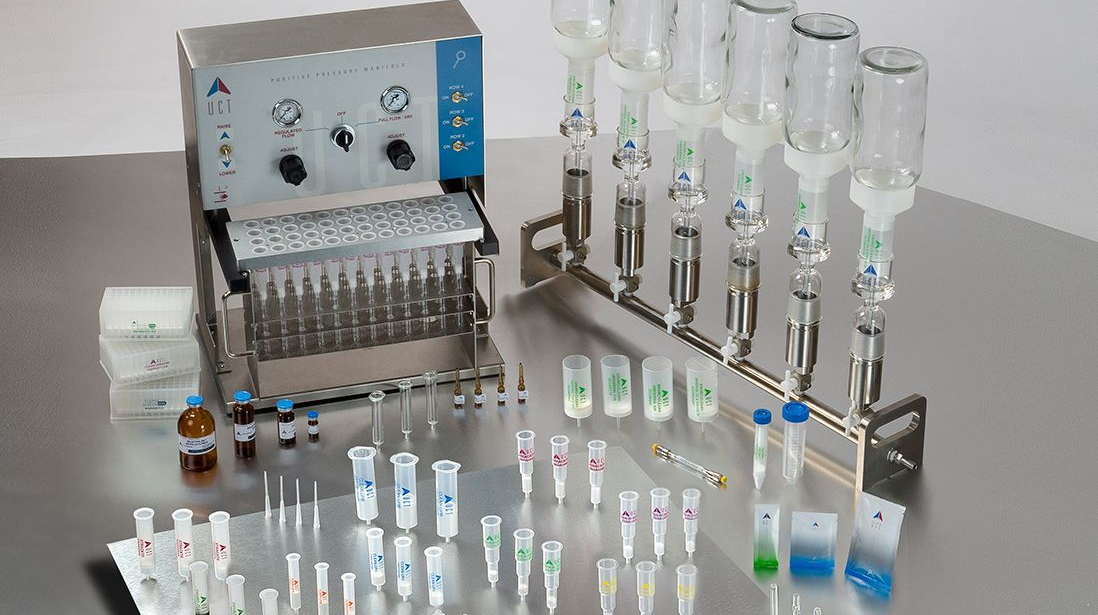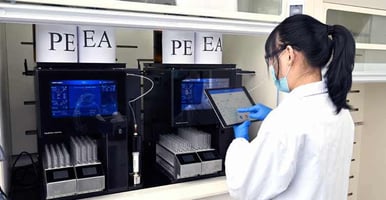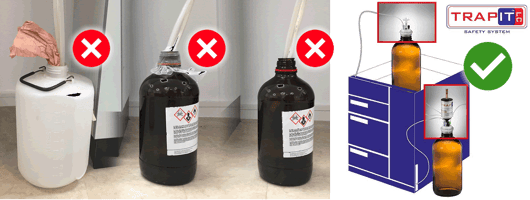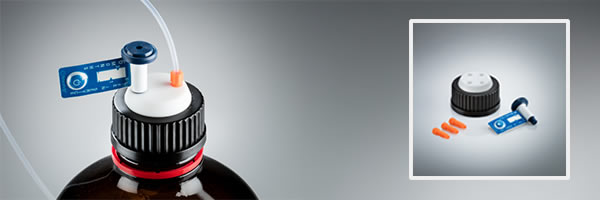Chromatography demands a high level of accuracy and operational effectiveness. The Santai SepaBean...
A Simple Guide to Sample Preparation Techniques
Introduction
Sample preparation is a critical aspect of analytical workflows, enabling the extraction, purification, and enhancement of target analytes from complex matrices.
Effective sample preparation techniques significantly contribute to the accuracy and reliability of analytical results. This blog post will delve into three essential sample preparation techniques: solid-phase extraction (SPE), filtration, and derivatisation. Understanding these techniques and their applications will empower scientists to optimise their sample preparation processes for various analytical applications.

- Solid-Phase Extraction (SPE): Solid-phase extraction, often abbreviated as SPE, is a versatile sample preparation technique widely used for extraction, purification, and concentration of target analytes from complex samples. The process involves the selective retention of analytes on a solid sorbent while unwanted matrix components are removed. SPE cartridges or disks are the primary consumables used in this technique. They contain a solid stationary phase, such as silica or polymer, with a specific affinity for the target analytes. By choosing the appropriate sorbent material and optimising the extraction conditions, scientists can achieve high selectivity and recoveries for a wide range of compounds. SPE is extensively employed in environmental analysis, pharmaceutical research, forensic science, and food safety applications. Find our more >>
- Filtration: Filtration is a fundamental sample preparation technique to remove particulate matter, impurities, and unwanted debris from samples. Filtration ensures a cleaner sample matrix, minimises instrument downtime, and protects sensitive analytical systems from clogging or damage. Syringe filters and membrane filters are commonly used consumables in filtration processes. Syringe filters, available in various pore sizes and membrane materials, offer rapid and convenient filtration of small sample volumes. On the other hand, Membrane filters are used for larger-volume or vacuum-assisted filtration. They are available in different materials, such as cellulose, nylon, and polytetrafluoroethylene (PTFE), catering to specific filtration requirements. Filtration is crucial in applications like environmental analysis, pharmaceutical quality control, and biological sample preparation. Find our more >>
- Derivatisation: Derivatisation is a sample preparation technique employed to modify the chemical structure of analytes, enhancing their detection and separation capabilities. This technique is especially useful for compounds with low volatility, weak UV absorbance, or limited chromatographic characteristics. Derivatisation involves chemically modifying the analyte to form a derivative compound that exhibits improved chromatographic properties or enhanced detectability. Chromatography consumables such as derivatisation reagents and vials are essential in this process. Derivatisation reagents, such as fluorescent tags or silylating agents, selectively react with functional groups in the analytes to form derivatives. Specialised chromatography vials, designed to prevent sample loss, evaporation, or degradation, ensure reliable and consistent derivatisation results. Derivatisation finds widespread use in pharmaceutical analysis, environmental monitoring, and metabolomics research.
Conclusion
Sample preparation techniques, including solid-phase extraction (SPE), filtration, and derivatisation, form the foundation of successful analytical workflows. By harnessing the power of these techniques, scientists can effectively extract, purify, and enhance target analytes from complex matrices. Solid-phase extraction enables selective enrichment and purification of analytes, enhancing sensitivity and selectivity in subsequent analyses. Filtration ensures the removal of unwanted particulates, protecting analytical systems and providing cleaner sample matrices. Derivatisation allows for the modification of analytes, improving their detection and separation capabilities. By understanding and optimising these sample preparation techniques, scientists can achieve accurate, reliable, and meaningful results in various applications, including environmental analysis, pharmaceutical research, and forensic investigations.
Selecting high-quality chromatography consumables and employing proper techniques are essential for successful sample preparation. Stay informed, experiment, and continually refine your sample preparation methods to achieve optimal results in your analytical endeavours.
Chromatography Direct are United Chemical Technologies, Inc. (UCT, Inc.). exclusive UK distributors and KRSS Europe BV are the exclusive distributor for Benelux. See the Product Range >>
#SamplePreparation #SPE #Filtration #Derivatization #AnalyticalWorkflows #Purification #Enhancement




